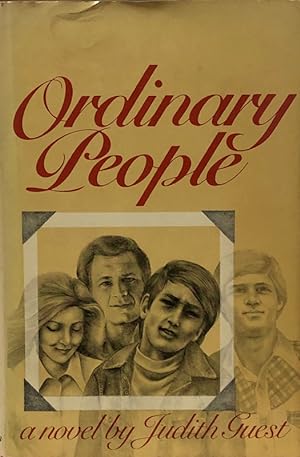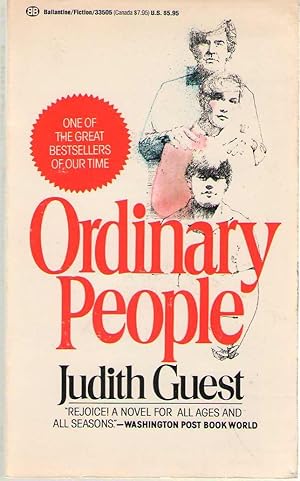

I will analyze the relationship between what is said versus what is not, in order to demonstrate the miscommunication between the family members, which ultimately leads to the destruction of the family. The passages I have selected from the book faithfully show each character’s current stage of the grief process. Ordinary People is a novel that tackles gender roles, trauma, grief, and mental illness. In an article about the feminist perspective of Shakespeare’s Titus Andronicus, Deborah Willis points out that what matters to feminists is “how fights back” (23), and in this case, there is no example of Beth fighting back because we do not get a true sense of her perspective. That the book’s author is female, suggests that Guest has written Beth’s narrative through the male perspective as a way of calling out the fallacy of how society views women, specifically in the 1970s.

Whether deliberate or not, Beth’s character embodies the sexist ideal of the mid-twentieth century American “homemaker,” a stay-at-home mother whose only job is to cook, clean, and produce offspring a woman without a voice.

We do not get to see her inner thoughts while she is grieving. The book is written in a third-person narrative, observing only the perspective of Calvin and Conrad, and, because of this, Beth is unable to fully defend, or explain herself. Calvin and Conrad are further along in the grief process, thus creating a divide between the two men and the lone woman in the family. For the way she is unconventionally written, Beth Jarrett is viewed as an antagonist by her husband and son (and often, readers) because of how she processes the grief of her eldest, deceased son.

While the PTSD-stricken Conrad Jarrett is commonly thought to be the prominent character in Judith Guest’s Ordinary People (1976), there is another character just as important, but often overlooked. Gender Roles, Grief, and Mental Illness in the “Ordinary” American Family: Judith Guest’s Ordinary People Reconsidered


 0 kommentar(er)
0 kommentar(er)
